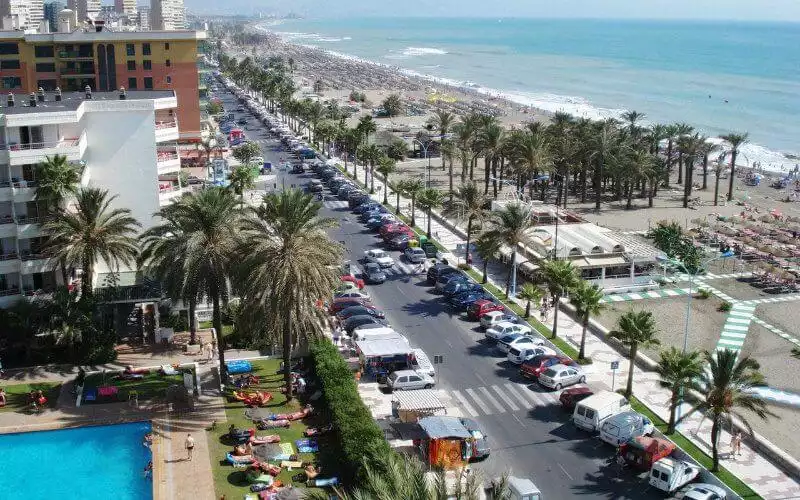High Costs Drive Moroccans to Vacation Abroad, Report Finds

Many Moroccans choose to spend their holidays outside Morocco, particularly in Spain, Portugal or Turkey, due to the too expensive tourist offers proposed in the kingdom. The thematic group responsible for evaluating public policies in the field of tourism, at the House of Advisors, looked into the issue.
The dysfunctions that characterize the tourism sector in Morocco, as well as the constraints that hinder the development of the tourism field, are recorded in a report produced by the thematic group responsible for evaluating public policies in the field of tourism, at the House of Advisors. This includes the high cost of tourist services: extremely high prices of tourist establishments, especially during the summer season, compared to similar tourist destinations worldwide, reports the site Al3omq. This affects the competitiveness and attraction of tourists who prefer less expensive destinations offering better quality services, including Moroccans who choose to spend their holidays in Spain, Portugal or Turkey, whose number continues to increase year after year, reaching more than one million Moroccan tourists in 2023, the group notes.
Due to the scarcity or lack of control, as well as the lack of price display and the glaring disparity between hotel establishments of the same category, the high cost of tourist services, whether accommodation or catering, constitutes a real obstacle for middle-class families, limiting their ability to enjoy holidays due to their inability to bear the costs of travel and tourist services, the report points out, adding that the rise in prices reduces the competitiveness of the sector internationally.
Major challenges face Moroccan tourism. Among them, the informal sector which promotes unfair competition, particularly through digital platforms and social networks that allow communicating with tourists and attracting them. The informal sector offers services at lower prices, thus putting organized companies in a disadvantageous competitive position, which affects the quality of services due to the lack of any form of control and professionalism, negatively affecting the experience of tourists and their possibility of returning, in addition to the negative social impacts related to precarious employment, lack of professional security and social protection benefits, as well as the reduction of training and capacity building opportunities, the report notes.
According to the same report, Moroccan tourism also suffers from begging. Designated as one of the most serious social problems that Morocco must face, constituting one of the internal constraints to the development of Moroccan tourism, this phenomenon has taken on a professional character, moving away from manifestations of human and charitable solidarity, with a public space invaded by beggars of all ages, women, the elderly and children, causing obvious inconvenience to citizens and even more so to tourists, harming not only tourist destinations but also the image of the country as a whole, affecting tourism competitiveness. According to the members of the group, begging sometimes takes on dangerous dimensions, especially when the request for help is associated with verbal violence. Worse, begging has become a professional activity for many practitioners, while the Penal Code criminalizes it.
The report of the thematic group responsible for evaluating public policies in the field of tourism, at the House of Advisors, will be the subject of discussions next week.
Related Articles
-

Marrakech and Agadir Sizzle: Morocco’s Culinary Gems Top MENA Outdoor Dining Destinations
20 August 2025
-

Global Halal Boom: Google Trends Reveal Surge in Interest Beyond Muslim Countries
20 August 2025
-

Stranded Swiss Family of Nine Escapes Air Canada Chaos with $14,000 Royal Air Maroc Rescue
18 August 2025
-

Love Island Winners Molly and Tom Flaunt Lavish Marrakech Getaway at Exclusive Nobu Hotel
18 August 2025
-

Moroccan Retail Giant Atacadão Fuels Label’Vie’s Explosive Growth, Eyes 19 Billion Dirham Target
18 August 2025